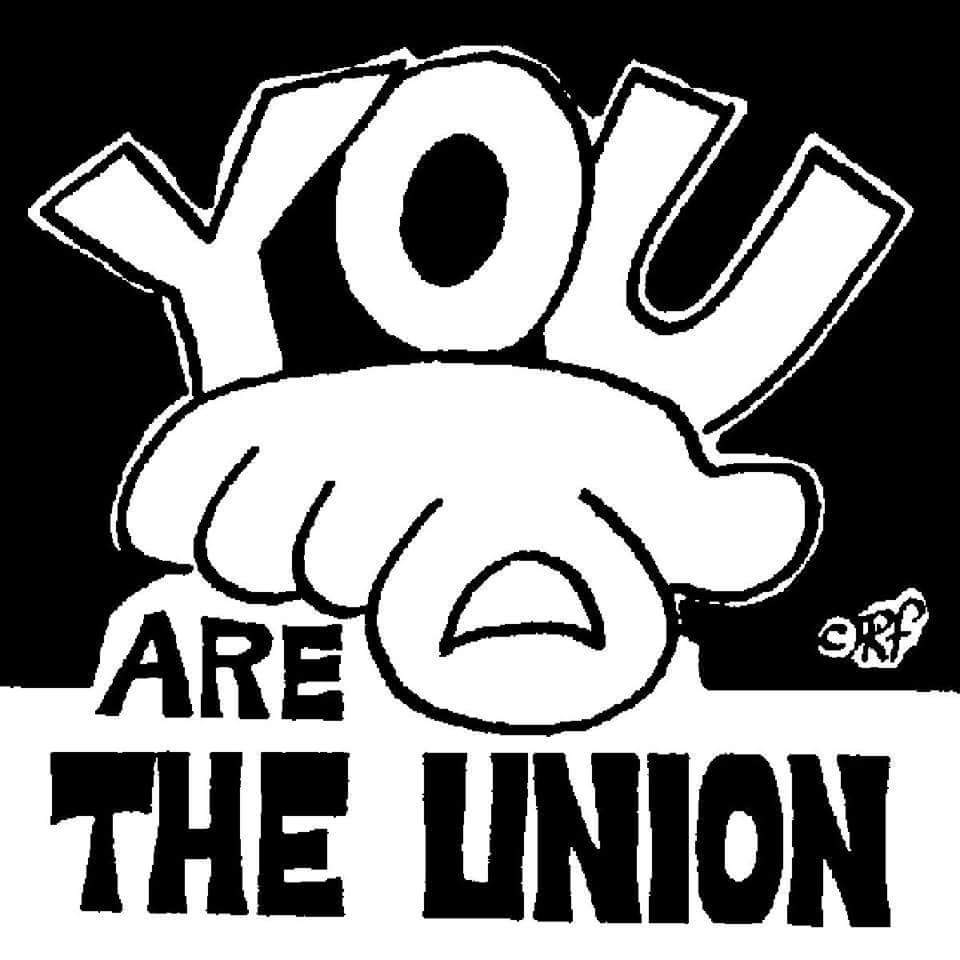No free rides – build the collective power of workers
Written by: on
A Report from the Reserve Bank shows that despite a decline union membership generally in Australia over a long period, the involvement of unions in enterprise agreement negotiations results in considerably higher wages than nonunion involvement Agreements due to compound effect of wage increases. The Report calculates that Agreements with union involvement over a long period since 1991 have averaged about 0.4% above Agreements without any union involvement.
However, the report also notes that only 41% of employees on collective agreements were union members in 2017, down from 47% in 2009.
Imagine if all Agreements with union involvement increased union membership to 75% density, the power relationship between workers and employers would change substantially, increasing the organisational capacity to win higher wage increases and reverse the trend of a lowering percentage share of wages to GDP and a decrease in the profit share.
The Reserve Bank report notes that “an increasing share of employees find it optional to ‘free ride’ on the union membership of other employees.”
This is a big problem and calls for a re-think on how progressive workers within their unions organise in preparing for enterprise agreement campaigns where real wage increases are a key issue for the majority of workers. Union Officials are spread thin and will want to take the quick fix approach to an Agreement negotiation and “settle” for a moderate wage outcome and no increase in collective strength of the workplace. This perpetuates the trend of more workers in workplaces that have less than majority union membership, of union involvement in Agreement negotiations but members dropping out of their union.
Over time the collective power of workers reduces.
The Change the Rules campaign of the ACTU envisages multi-employer or industry wide collective agreements. This may be better than the current single workplace/employer agreements. However, it will not contribute to building a powerful working class unless there is a campaign plan to involve the majority of workers in collective organisation and action.
The trend identified in the Reserve Bank Report of more workers opting for a “free ride” must and can be reversed if the great organising capacity of workers is unleashed.
Print Version - new window Email article
-----
Go back
Independence from Imperialism
People's Rights & Liberties
Community and Environment
Marxism Today
International
Articles
| Sydney’s anti-Herzog rally – snipers, a police riot, and defiance |
| No Pride in an Ongoing Genocide |
| Adelaide Writers’ Week near collapse as authors stand with Dr Randa Abdel-Fattah |
| When we fight back, let’s stand on solid ground |
| Don’t let responses to Bondi silence our voices! |
| Dangers in multinational corporations’ drive to establish Space-based data centres |
| Criminalising Lenin - Putin’s attempts to stifle dissent |
| Wage-theft: an Australian standard business practice |
| The Whitlam Dismissal: America's coup for the control of Australia |
| Party booklet on Whitlam dismissal released |
| CPA (M-L) paper on fascism in Australia |
| Let the ruling classes tremble at the sight of the fighting Filipino masses |
| Labor law used to intimidate and harass opponents of genocide |
| Book Review: The New Age of Sexism |
| Violent Nazi attack on Camp Sovereignty should be investigated as a hate crime |
| Let Palestinians decide! |
| We stand with Mary! |
| Israel illegally boards Freedom Flotilla Boat: Albanese must protect Australians involved |
| New Freedom Flotilla heads for Gaza as massacres increase. |
| Terrorism? Where do we stand? |
-----

